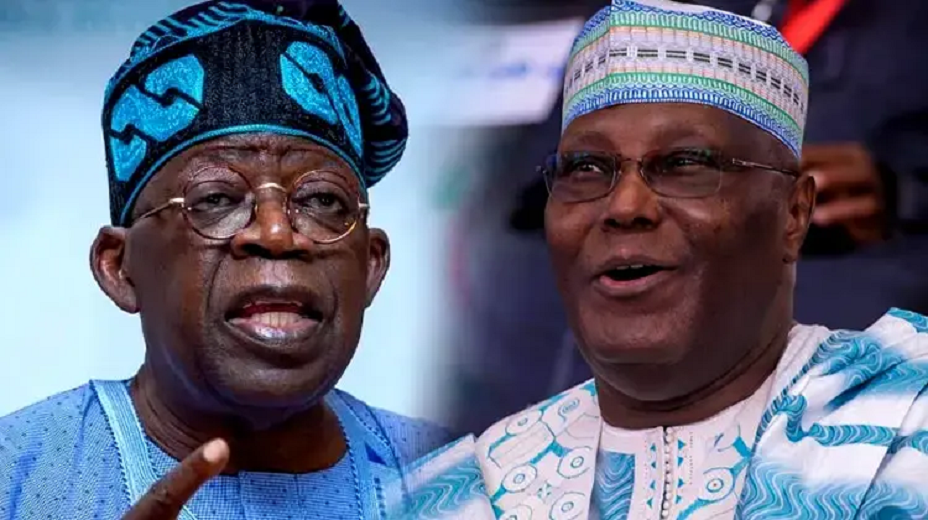The World Bank has offered Nigeria and other countries that have State Owned Enterprises (SOEs) potential solutions to corrupt and incompetent practices in their respective public institutions.
It stated this in a recently report titled, ‘Enhancing Government Effectiveness and Transparency: The Fight against Corruption.’
SOEs are generally regarded as corporations created by a government to participate in commercial activities on its behalf.
They are also solely or partly owned by the government which usually allot specific commercial activities to them.
In the report, the World Bank stated that corruption in SOEs has gained prominence in recent years due to high-profile scandals in countries like Brazil, South Africa, Angola, and Malaysia.
The bank explained that corruption risks in SOEs arises from various sources such as monopoly or quasi-monopoly rights which provide an opportunity for abnormal profit generation.
It also said risks arise in SOEs from weak legal and regulatory frameworks, corporate governance weaknesses, lack of transparency and disclosure of finances as well as limited effective government and citizen oversight.
According to the bank, corrupt acts committed in SOEs with these shortcomings have defining effects on the economies of countries and government’s abilities to provide critical public goods and services.
It noted that phasing or sequencing of SOE reforms based on their political and institutional feasibility can help overcome entrenched interests and provide confidence to policy makers to take further steps.
The bank thus suggested that, “opening up markets to greater competition to reduce monopoly power and market share and incentivise financial and fiscal discipline, strengthening SOE legal and regulatory frameworks and practices, building a commitment to good governance and capacity of state-owned entities,” could help improve integrity in the SOEs.
It also proposed that, “professionalising the SOE board of directors and senior management, establishing effective internal controls, compliance, and risk management, promoting transparency and full financial disclosure, including of SOE debt,” are other measures that could cut down corruption in SOEs.
The World Bank warned that, “reforming governance of SOEs alone may not always be enough to prevent corruption and assure efficiency,” adding that breaking large SOEs into smaller units for greater efficiency could be adopted as well.
The World Bank suggested that, “where privatisation or private sector participation is not a viable option, SOEs can still be exposed to capital market discipline through partial listings.”

























































